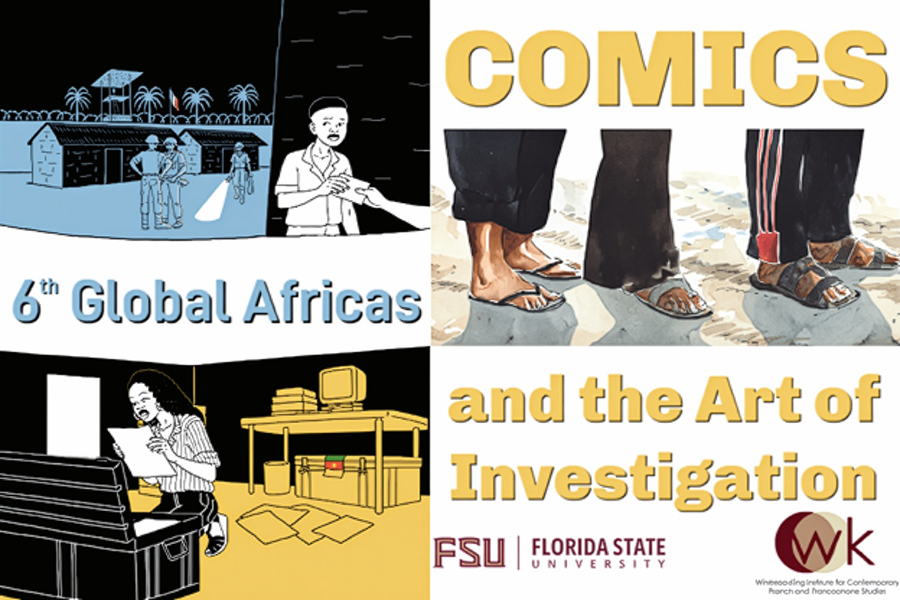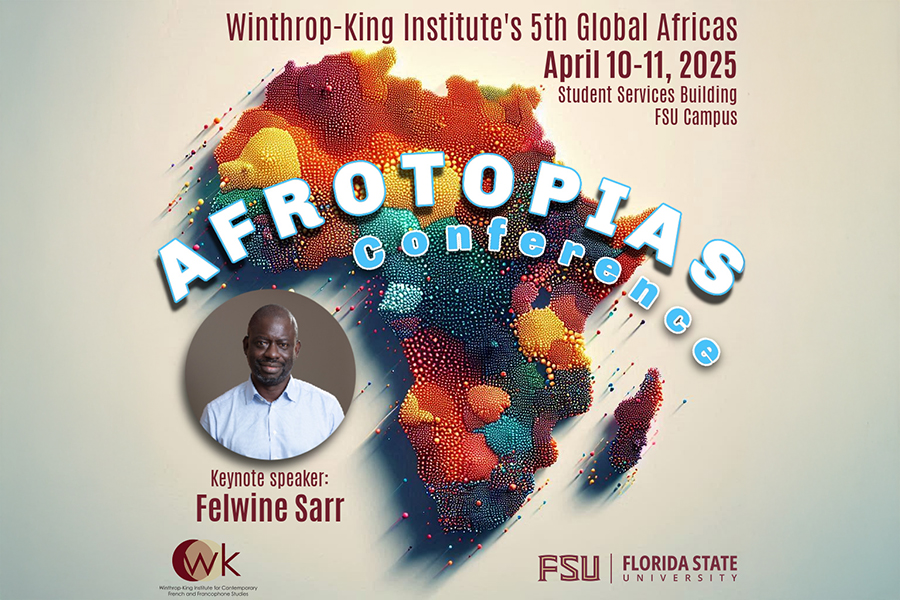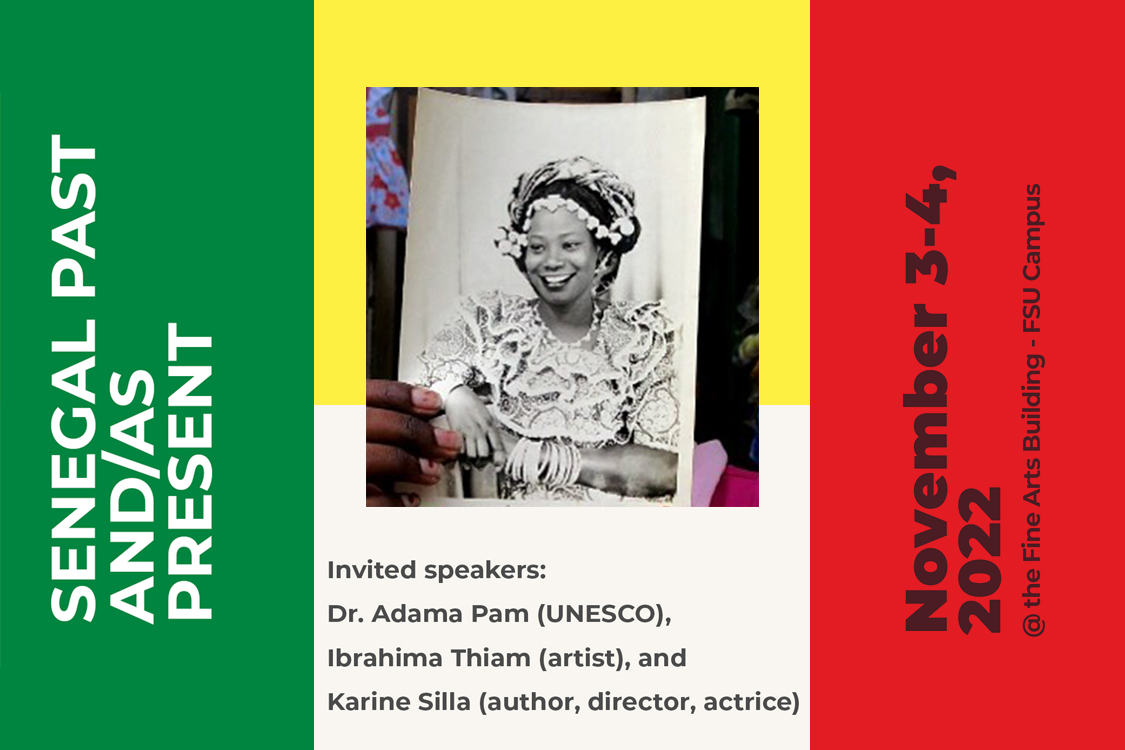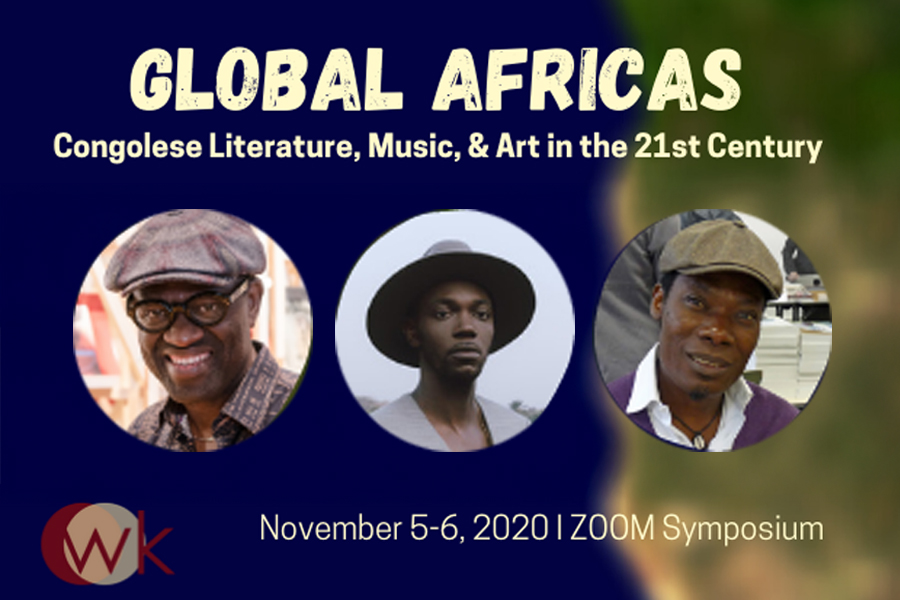The Winthrop-King Institute Presents: Global Africas
In the fall of 2020, the Winthrop-King Institute for Contemporary French and Francophone Studies developed a new series of events under the broad title of Global Africas meant to address and explore the recent claims that the African continent is the future of the French language. While linguistic projections, political discourse, and economic predictions paint Africa as a 21st century El Dorado, the reality is obviously much more complicated and staunchly rooted in a significantly longer history of interconnectedness with the rest of the world. Indeed, the title of the series that purposefully mobilizes the plural, Global Africas, works against the ubiquitous tendency worldwide to reduce the second largest continent to a single nation without a past, a construct whose homogenizing and evacuating power has long been used to exploit the continent, its peoples and its resources. Moreover, Global Africas points to the plurality and unevenness of everyday life on the continent both in the past as well as in the present while simultaneously insisting that Africa has always been globally interconnected with the rest of the world.
Designed to coincide with FSU’s International Education Month each year, Global Africas examines the cultural complexity of Francophone regions of Africa from a range of academic and artistic perspectives and at the same time explores the following questions: Where and when is Africa and for whom? How does linguistic reality shape cultural production and identity formation? What is the place of arts in such a context? And what are the possible current responses? Additionally, Global Africas, an interdisciplinary endeavor, seeks to enrich discussions across campus as evidenced by the special exhibition of Pat Masioni’s work at the Museum of Fine Arts in conjunction with the inaugural event and by the co-sponsorships from the FSU Center for the Advancement of Human Rights and the FSU Middle East Center for the second event.
Series organizer: Dr. Michelle Bumatay






